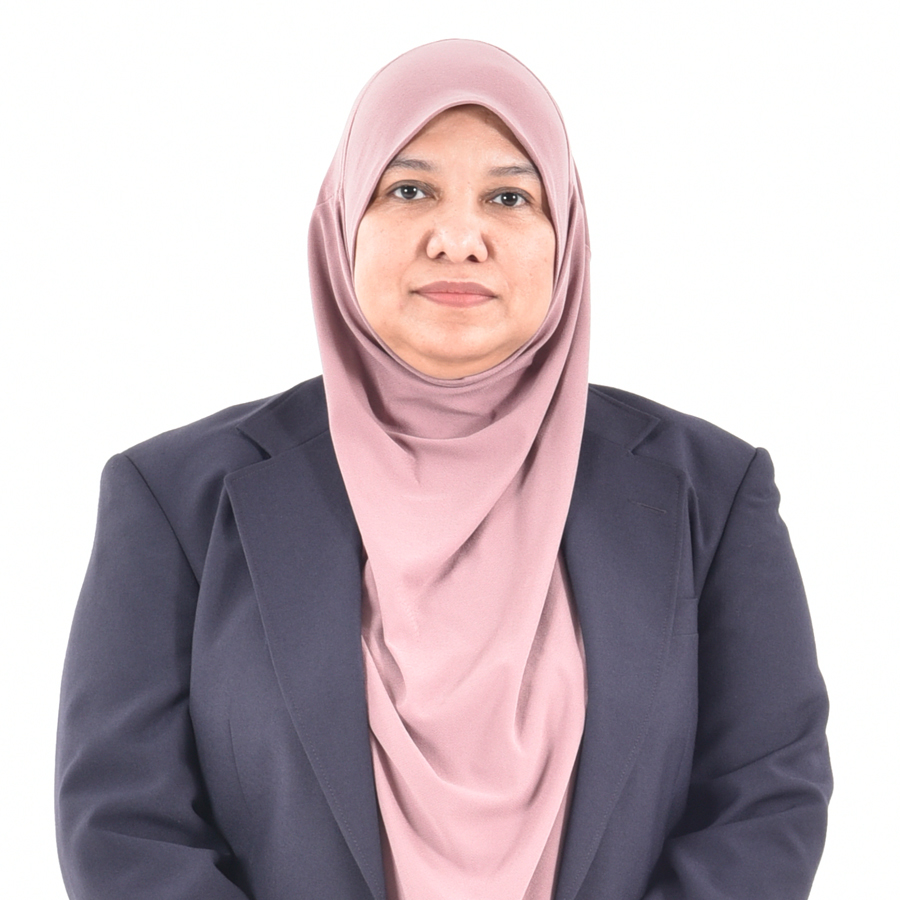Bachelor of Mechanical Engineering with Honours
KPT/JPT(R3/521/6/0037) 09/29 (FA9279)
Professional Recognition
Engineering Accreditation Council (EAC)[2022-2027](BEM.ACC.02-24 Jld. D)
Malaysian Qualification Agency (MQA) (R/521/6/0037)(09/29)
Tuition Fee
Local student – RM 51 552 *
International – RM 74 808*
* The policies, regulations,procedures and fees are subject to change without prior notice of Unisel
- 4 Years / 8 Semester
- Intakes: Apr, August, November
Overview
The Bachelor of Mechanical Engineering with Honours at Universiti Selangor (UNISEL) is a comprehensive program which is meticulously designed to meet the professional and academic needs of aspiring mechanical engineers, equipping them with the knowledge, skills, and ethical foundations required to excel in a wide range of industries, including automotive, aerospace, energy, manufacturing, and robotics. It also prepares students for advanced studies and research opportunities and fostering innovation and leadership to solve modern engineering challenges.
Career Opportunities
The profession offers an extensive range of engineering tasks, including design, supervision, and construction activities for public works such as buildings, roads, bridges, tunnels, ports, airports, dams, water systems, and sewerage systems. On most projects, civil engineers work in teams or coordinate with other engineering disciplines and professionals. Graduates can find work as site engineers, construction site supervisors, or assume managerial positions in design offices. They may also engage in research or teaching in both government organizations and private firms. Some civil engineers, particularly those working for government agencies, may work across multiple specializations, especially when involved in critical infrastructure development or maintenance.
Program Highlights
Innovative Curriculum
The program’s curriculum is grounded in the latest theories and practices in Mechanical Engineering, ensuring graduates are well-prepared to meet the evolving demands of the 21st-century classroom. Our curriculum emphasizes:
- Comprehensive Curriculum: Students develop a deep understanding and gain design experiences in thermofluids, materials, mechanical design, manufacturing systems and mechatronics. The curriculum also includes elective courses in emerging fields like artificial intelligence, computer-aided manufacturing (CAM) and failure analysis for materials.
- Hands-On Learning: The program offers opportunities for laboratory experiments, prototype building, and mechanical system testing. It offers training in industry-standard software like CAD (AutoCAD) and simulation tools.
- Capstone Design Project: Besides the theoretical courses, the students will also be involved in Project-Based Learning (PBL) courses such as Product Design (PD) and Final Year Project (FYP). These courses will provide students with in-depth knowledge and skills in project management and significant experience developing, designing, testing, analysis and prototyping.
- Internships and Industry Exposure: Through collaborations with leading companies for industrial training, co-op programs, and site visits, students gain practical experience that are aligned with industry requirements.
Comprehensive Support
UNISEL is committed to providing a supportive learning environment for all students. Our comprehensive support services include:
- Academic Advising: Personalized guidance on course selection, academic progress, and career planning.
- Peer Mentoring: Opportunities to connect with experienced students who can offer advice and support.
- Career Services: Assistance with resume writing, job search strategies, and interview preparation.
- Well-equipped Facilities: Access to modern classrooms, computer labs, and libraries equipped with the latest technology.
Entry Requirments
Our program is accessible to a wide range of applicants, with various pathways for admission:
Local:
- Pass the Foundation in Science from UNISEL/Matriculation Certificate in Physical Science from Ministry of Education/Private Institution with at least CGPA 2.00 AND a pass in Bahasa Malaysia and English subjects at SPM level; or
- Diploma in Engineering/Science/Technology or equivalent from Public/Private Institutions with at least CGPA 2.00 AND a pass in Bahasa Malaysia and English subjects at SPM level; or
- Pass STPM or equivalent with 2 principles (NGMP 2.00) inclusive of Mathematics and
1 relevant Science subject AND a pass in Bahasa Malaysia and English subjects at SPM level; or
- Pass other qualification recognized or organized by the Malaysian Government.
- AND Band 2 in Malaysian University English Test (MUET) certificate.
International:
- Pass UEC with at least Grade B in 5 subjects including Mathematics and Science/Technology/Vocational subjects AND a pass in English; or
- Australian Senior Secondary Qualification;
- Pass South Australian Certificate of Education (SACE) with a minimum mark of 50 in 5 subjects; or
- Pass Western Australian Certificate of Education (WACE) with a minimum grade C; or
- Pass New South Wales Higher School Certificate (NSWHSC) with a minimum of 60 marks (BAND 3); or
- Pass other qualifications recognized by the relevant Australian State authority.
- Canadian International Programme (CIMP)/International Canadian Pre-University Programme (ICPU);
- Pass Ontario Secondary School Diploma (OSSD) with a minimum mark of 60% in 6 subjects; or
- Pass other qualifications recognised by resident country/state with Grade 12; or
- Pass other qualifications recognized by the Malaysian Government.
AND Candidates MUST pass with minimum (Band 2) for Malaysia University English Test (MUET) certificate to qualify the entry to enrol into this programme.

